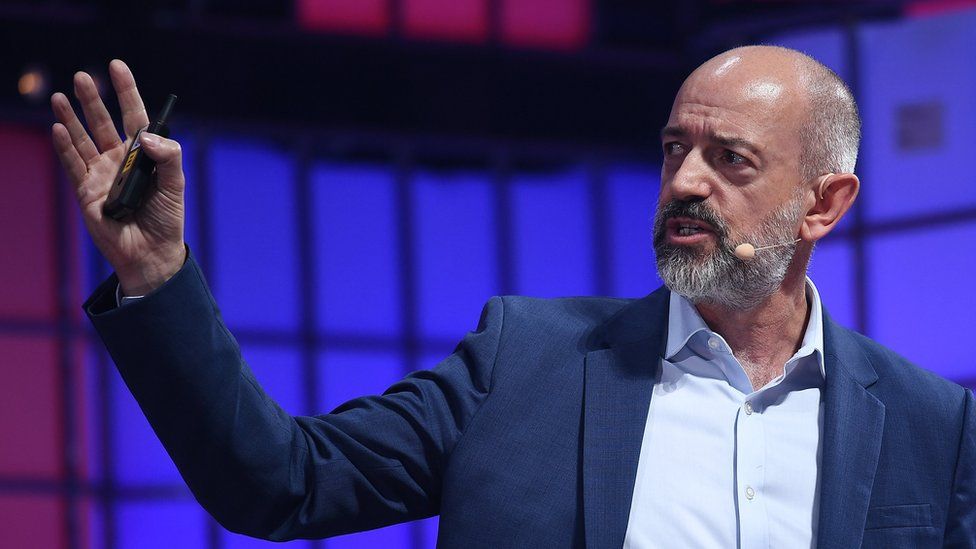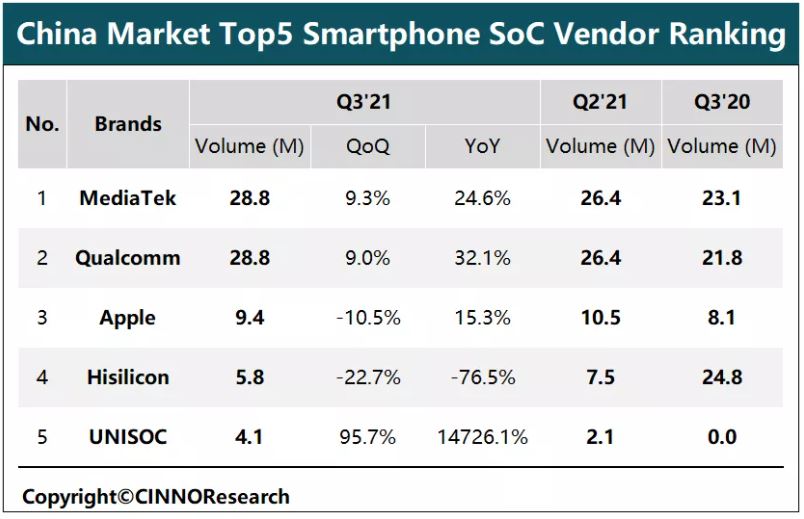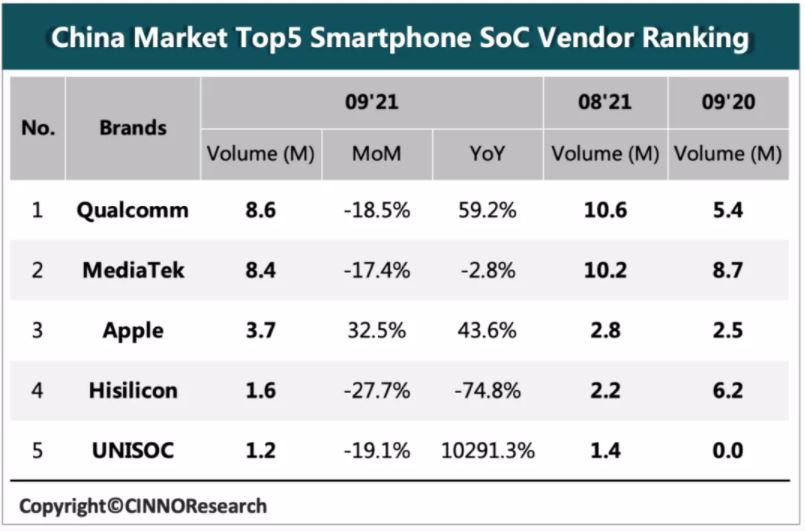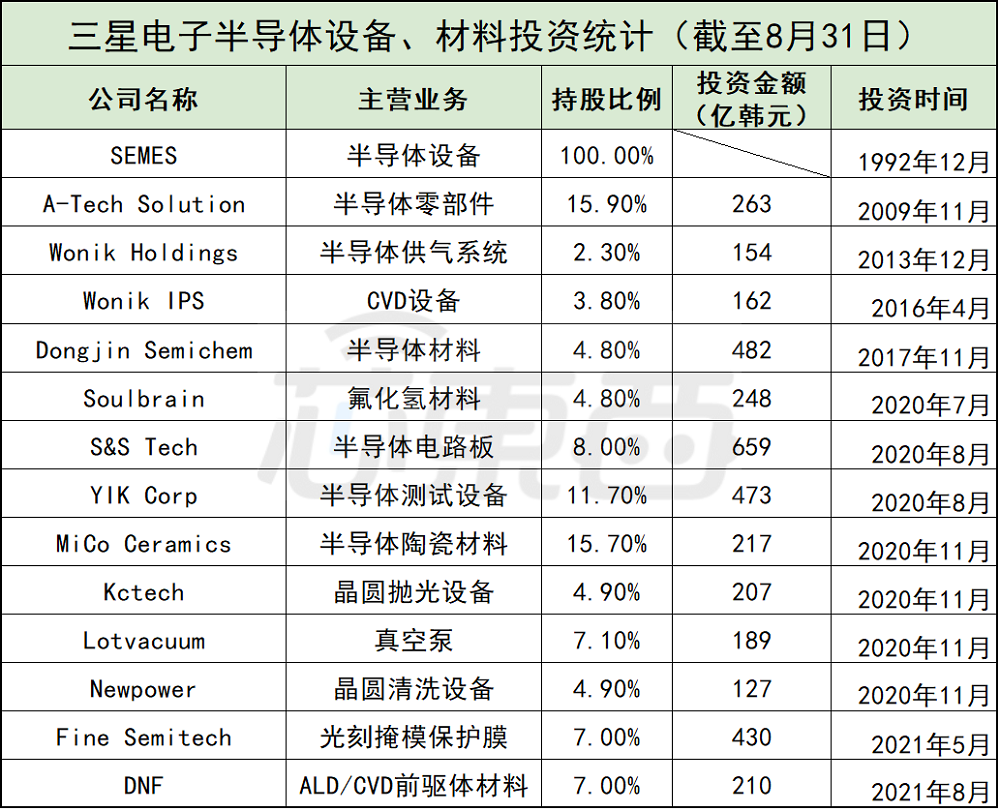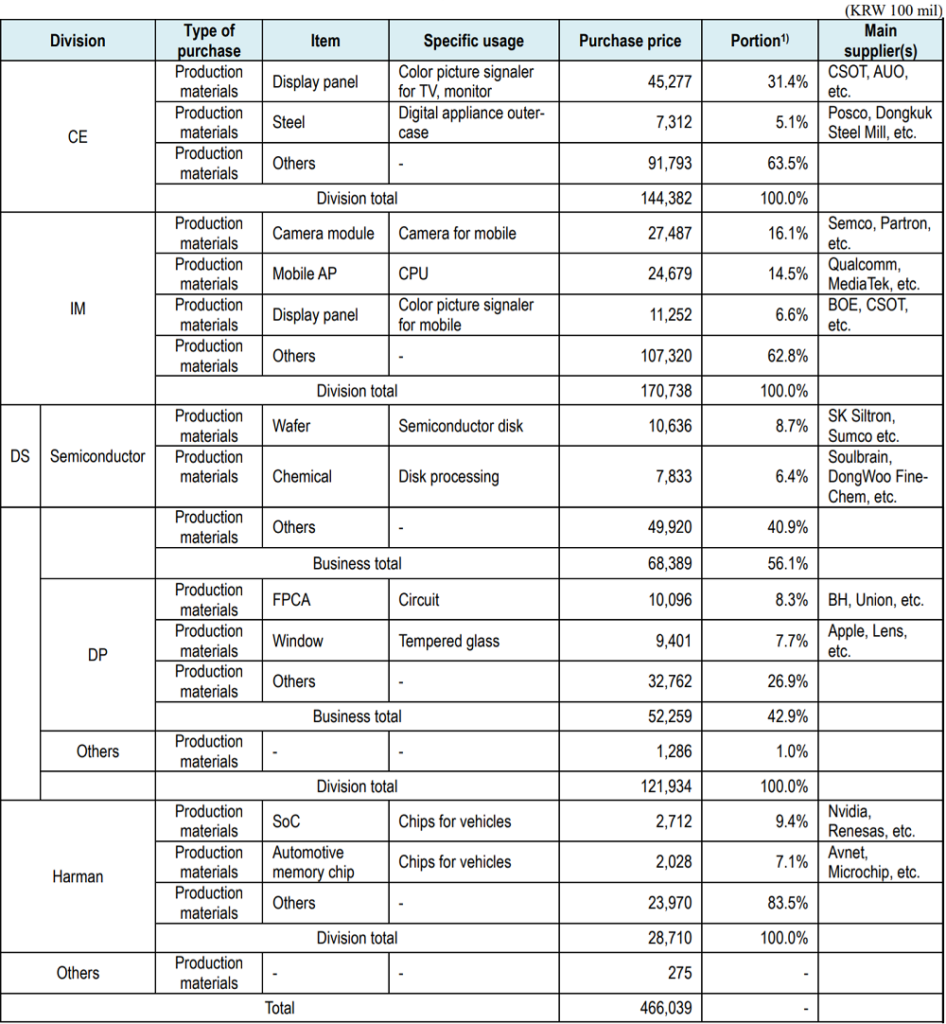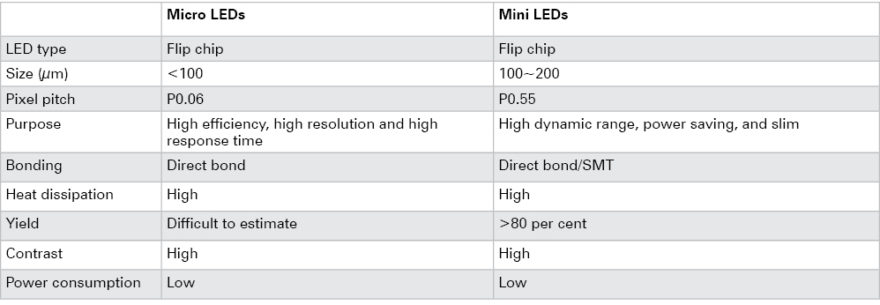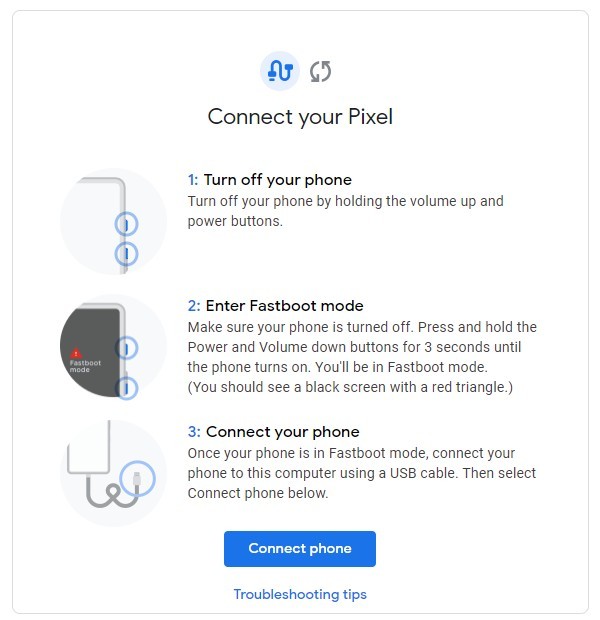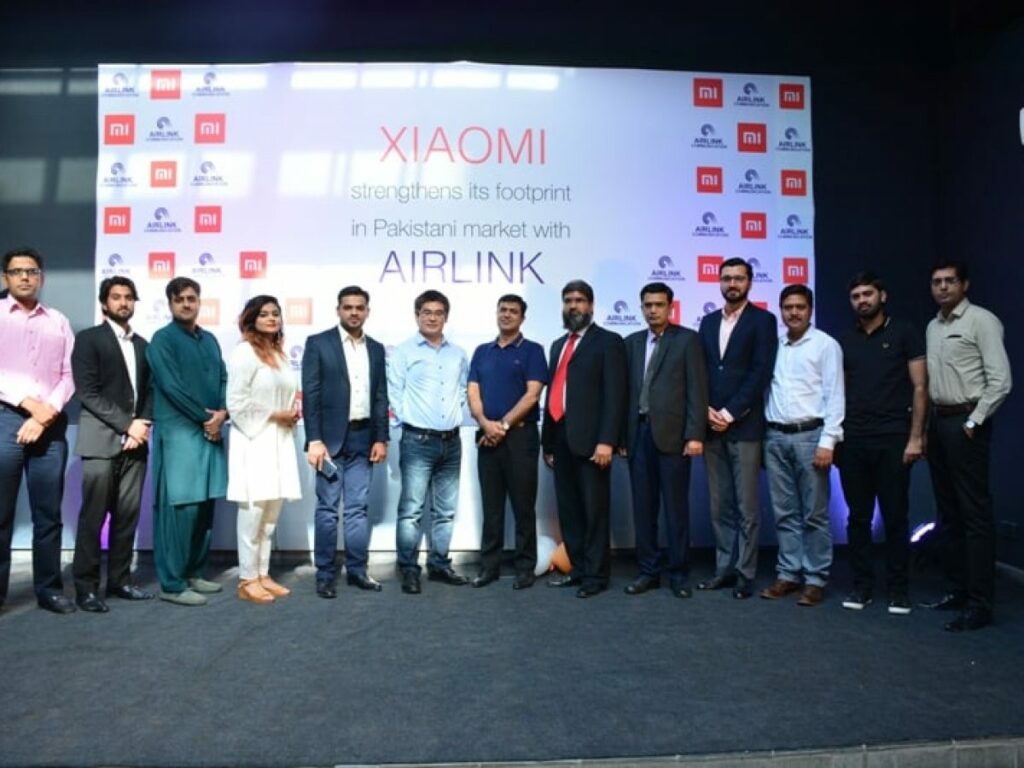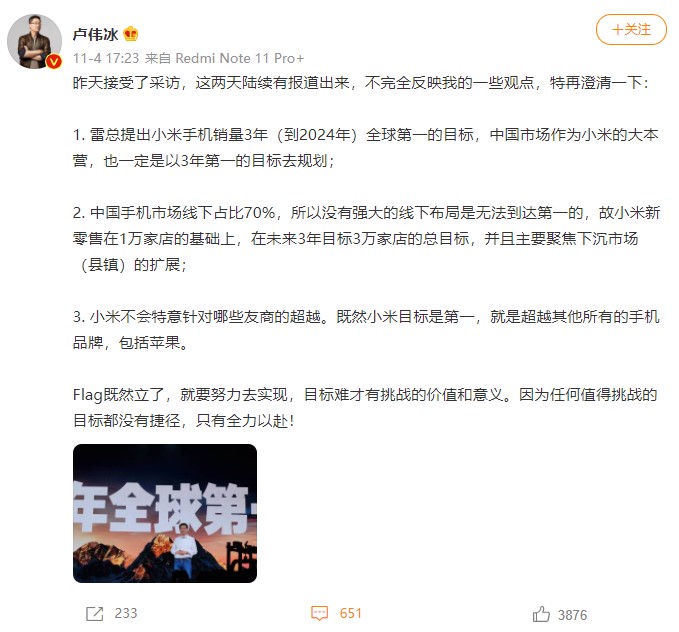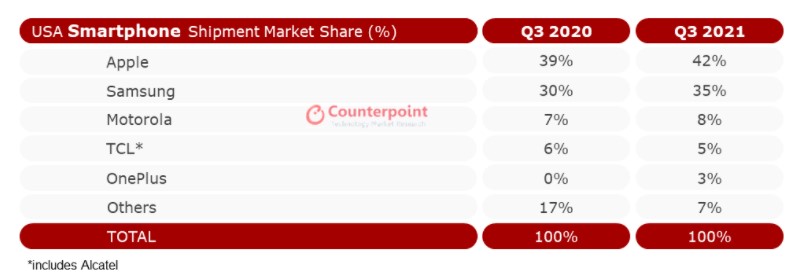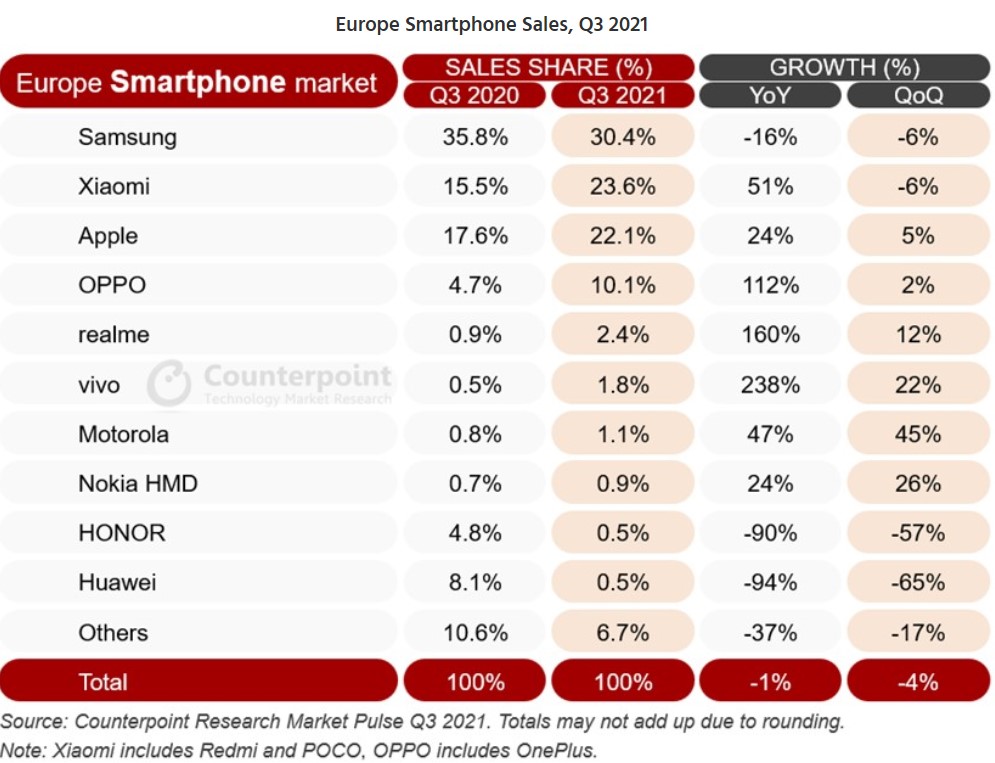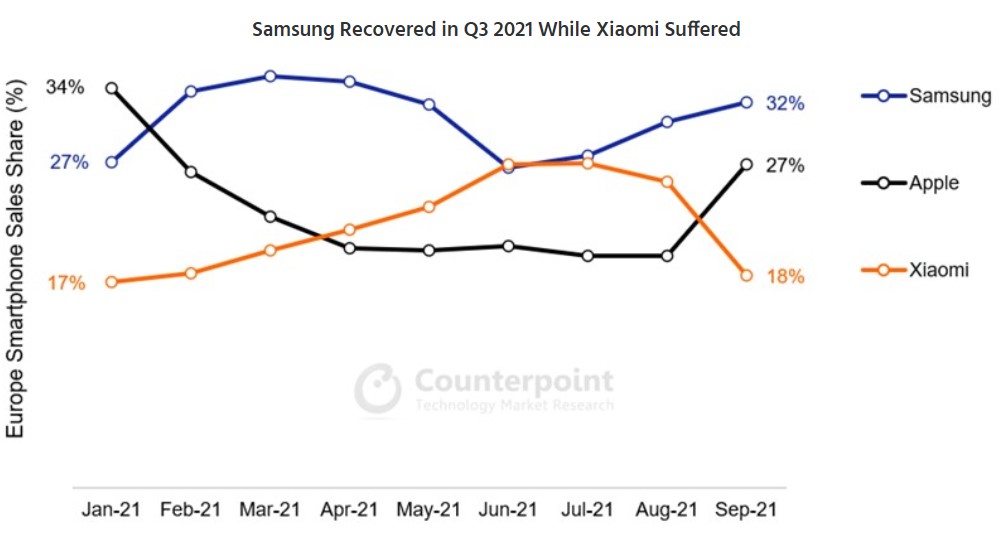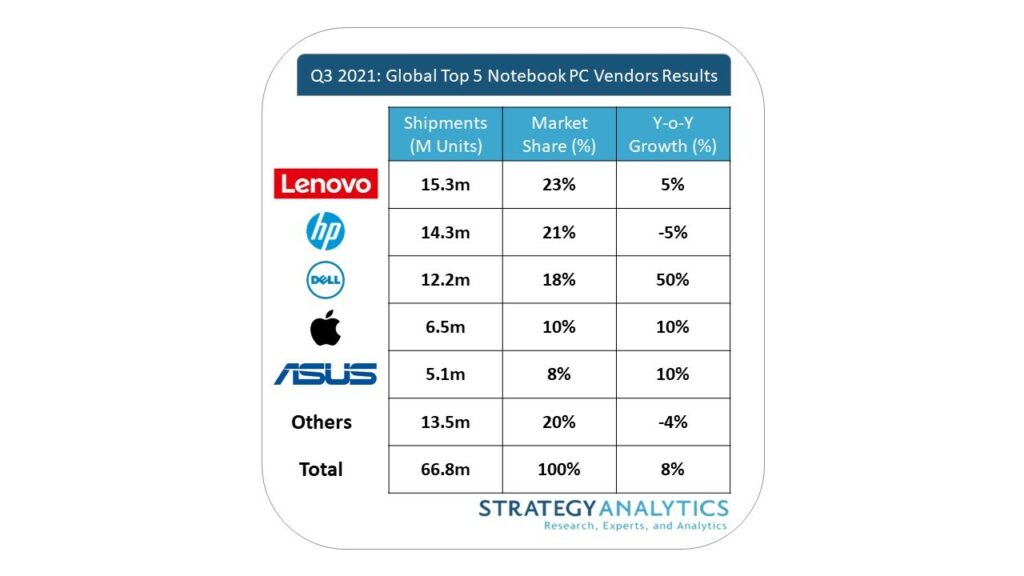
11-5 #HairLoss : amsung Electronics has invested in no less than 14 semiconductor equipment and material manufacturers; Nothing has revealed that it is working on 5 new products; Xiaomi plans to manufacture phones in Pakistan; etc.
Qualcomm announces its fiscal 4Q21 earnings with more than USD9.3B in revenue. Revenue from Qualcomm’s chip business rose compared to last quarter and the same period last year. Qualcomm expects revenue to exceed USD10B in fiscal 1Q22 despite the ongoing semiconductor shortage. (Android Central, Qualcomm, CN Beta)
Simon Segars, chief executive of Arm, has said the mismatch between supply and demand is “the most extreme” he has ever seen. He predicts that the “unprecedented” crisis will not be completely fixed by Christmas 2022. In some cases, the wait for chips was taking 60 weeks. (BBC, Apple Insider)
Samsung may soon announce a new 5nm chipset for entry-level smartphones, called Exynos 1280. The SoC will slot below the company’s first 5nm chip, the Exynos 1080, which was announced in Nov 2020. (Phone Arena, Twitter)
According to CINNO Research, as the market waits for the release of Apple’s new phone in Sept 2021, shipments of other Android brand phones have been affected to a certain extent. The strong shipments of Apple’s iPhone 13 series also put pressure on Qualcomm and MediaTek. Qualcomm dropped 18.5% MoM, while MediaTek fell 17.4% MoM. Unisoc ranked 5th with 1.2M SoCs shipped in Sept 2021, a decrease from the previous month. (CINNO, CN Beta)
As of 31 Aug 2021, Samsung Electronics has invested in no less than 14 semiconductor equipment and material manufacturers, with a cumulative amount of more than KRW380B, of which the total investment in 2020-2021 alone will exceed KRW270B. And these are local Korean manufacturers. Nine of them will invest in 2020 and 2021. Since Japan imposed a semiconductor material ban on South Korea in 2019, Samsung Electronics’ investment strategy in the semiconductor field has undergone a significant change. (CN Beta, Business Korea)
Qorvo, a provider of innovative RF solutions, has acquired Princeton, New Jersey-based United Silicon Carbide (UnitedSiC), a manufacturer of silicon carbide (SiC) power semiconductors. The acquisition of United Silicon Carbide expands Qorvo’s reach into the fast-growing markets for electric vehicles (EVs), industrial power, circuit protection, renewables and data center power. (CN Beta, Yahoo, Qorvo, Evertiq)
UBI Research estimates that Samsung Display will increase its foldable OLED panel production from 8M units in 2021 to 18M panels in 2022. This will enable Samsung Electronics to increase its foldable phone shipments from around 7M in 2021 to over 14M in 2022. As Samsung Display’s foldable panel capacity increases, the company will also have to increase is foldable OLED module production capacity, and the UTG glass processing capacity at Dowoo Insys subsidiary. (The Elec, OLED-Info)
Apple has reportedly begun talks with its South Korean panel suppliers on applying OLED panels to its MacBook line. Apple has initially planned to launch its first MacBook with an OLED panel in 2025 but this plan is likely to be postponed. Apple is reportedly in an “active development program” of new products with micro-LED display. (9to5Mac, 9to5Mac, Asia Nikkei, The Elec, CN Beta)
ImmerVision, a closely held Canadian tech company, filed a patent-infringement lawsuit against Apple in the U.S. over wide-angle lenses. ImmerVision claims newer models of the iPhone, including the iPhone 11, 12 Mini, 13 Pro Max smartphones, and the iPad 2021 have incorporated its invention for an ultra-wide imaging lenses. ImmerVision is seeking unspecified cash compensation, plus an order blocking further use of its invention, according to the complaint filed in federal court in Wilmington, Delaware. (CN Beta, Bloomberg Law)
Singapore-based Neuron Mobility, an e-scooter-sharing company, is updating its N3 scooters with a new operating system and additional on-board sensors that will help it detect and correct dangerous or inconsiderate riding behavior. The company will be trialing about 1,500 upgraded scooters in Australia, Canada and the United Kingdom over the next 6 months. Neuron’s new scooters will rely on high-accuracy location technology and rapid geo-fence detection in order to correct or warn users of unsafe behaviors. (CN Beta, TechCrunch, Neuron)
Google has added a new feature to the Google Pixel Update and Software Repair tool, which is dubbed the Fingerprint Calibration Software. It helps calibrate the in-display fingerprint scanner after a display replacement. (GSM Arena, 9to5Google, XDA-Developers, Phone Arena)
Back in Feb 2021, ULEMCo and industry partners have announced plans to design an electric rapid response ambulance for the UK’s NHS Trust that would run on batteries and hydrogen fuel cells. The bespoke frame-based body has been built by Mellor Coachcraft and features a Promech Technologies EV drivetrain installed by VCS. The vehicle is powered by a 92-kWh battery pack that can be topped up via a cable plugged into a charger, but a ULEMCo FC Rx hydrogen fuel cell range extender has been included for quick refill flexibility. (CN Beta, ULEMCo, New Atlas)
Nothing’s India general manager, Manu Sharma has revealed that the company is working on 5 new products. He has added that Nothing is working with Qualcomm on “many of the devices launching in 2022”. (Phone Arena, MySmartPrice)
Huawei is allegedly in advanced talks to sell its server business based on the x86 architecture. The company has sourced its chips from Intel, but due to the trade restrictions, it is now unable to receive chip supply from the chipmaker. It is selling the server business to a consortium that includes at least one government-backed buyer. (Gizmo China, Bloomberg, Sohu, IT Home, Reuters)
Xiaomi plans to manufacture phones in Pakistan, with its local partner, Air Link Communication. Xiaomi will begin production of smartphones in Pakistan from Jan 2022. Xiaomi is targeting the manufacture of up to 3M smartphones annually in its Pakistan production facility. Expected revenue from Xiaomi’s Pakistan operations is in the region of USD450M. (Gizmo China, Geo News, Sina, Caixing Global)
Lu Weibing, the general manager of the Redmi brand, has said that Xiaomi CEO Lei Jun has put a concrete goal in front of the team to become the number one smartphone brand in China in 3 years. He has revealed that China’s mobile phone market accounts for 70% of the offline market. Thus, they cannot reach the top position without a strong offline layout. (Weibo, GizChina, My Drivers)
Samsung has been spotted transitioning a few of its phones in its update schedule from quarterly security updates to biannual ones. The change affects the Galaxy A50s as well as a few more A-series devices that were released in 2019. (Android Central, SamMobile)
The US smartphone market grew 1% YoY in 3Q21, according to Counterpoint Research. Despite the ongoing global component shortages, OEMs such as Apple, Samsung and Motorola were able to secure enough supply to grow their shares and continue the US market recovery. (GizChina, Counterpoint Research)
According to Counterpoint Research, Europe’s smartphone market appears to have largely recovered from the effects of the COVID-19 pandemic, although sales are now being impacted by the ongoing chip shortage. The sales of 3Q21 were only marginally down (-1%) compared to the same period last year, but were 4% down versus 2Q21. Xiaomi, Apple and OPPO have gained significant share over the last year. (Gizmo China, Counterpoint Research)
Despite the shortage of components and supply constraints, the notebook PC market delivered another great quarter with 8% YoY growth, according to Strategy Analytics. For the fourth quarter in a row Lenovo has dominated the market with a record in Notebook PC shipments (sell-in) of 15.3M units in 3Q21; this represented 5% growth from the 14.5M shipped the year prior. (Strategy Analytics, CN Beta)
Waymo will start driving its autonomous Chrysler Pacifica vans in New York City on 4 Nov 2021. This and a later wave of Jaguar I-Pace EVs will rely on human drivers to map streets and learn from the environment. There are not any immediate plans to offer driverless rides to passengers. However, Waymo clearly hopes to use this knowledge for its long-term autonomy goals in various cities. (CN Beta, Engadget, Waymo)
General Motors (GM) self-driving Cruise division has launched its fully driverless robo-taxi service in San Francisco, with co-founder and President Kyle Vogt getting the first ride. To start with, the service will be offered only to GM employees, as it is still only licensed for testing. (Engadget, TechCrunch)
Self-driving trucks startup TuSimple has signaled it is close to testing its system without a human safety operator on public roads before the end of 2021. TuSimple has announced plans to proceed with its driver-out pilot program, which would remove the driver for runs over the 80-mile route between the Phoenix and Tucson areas. (TechCrunch, Jioforme)
The South Korean government has passed an amendment to the country’s Telecommunications Business Act, which prohibits Google and Apple from forcing their own payment solutions on developers. To comply with the new law, Google has announced that it will allow developers to add an alternative in-app billing system in South Korea. Along with the developer’s chosen billion systems, the Google Play Store’s billing system will also be available. (Gizmo China, Google)
Square has announced that people over 13 years old can use Cash App to deposit and spend money or send it to friends. The app was previously only available to people aged 18 or older, while minors will have to get their parent or guardians’ permission to use the app (and that parent-figure will have significant oversight). (CN Beta, Cash App, The Verge, Engadget)
Coinbase is acquiring the startup Agara, which operates an AI-powered customer support platform, as the cryptocurrency exchange looks to make it easier for users to join the service and seek assistance. (TechCrunch, Bitcoin, Coinbase)


